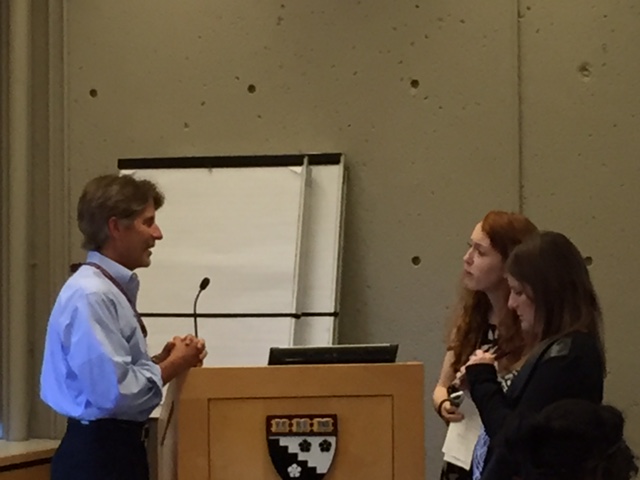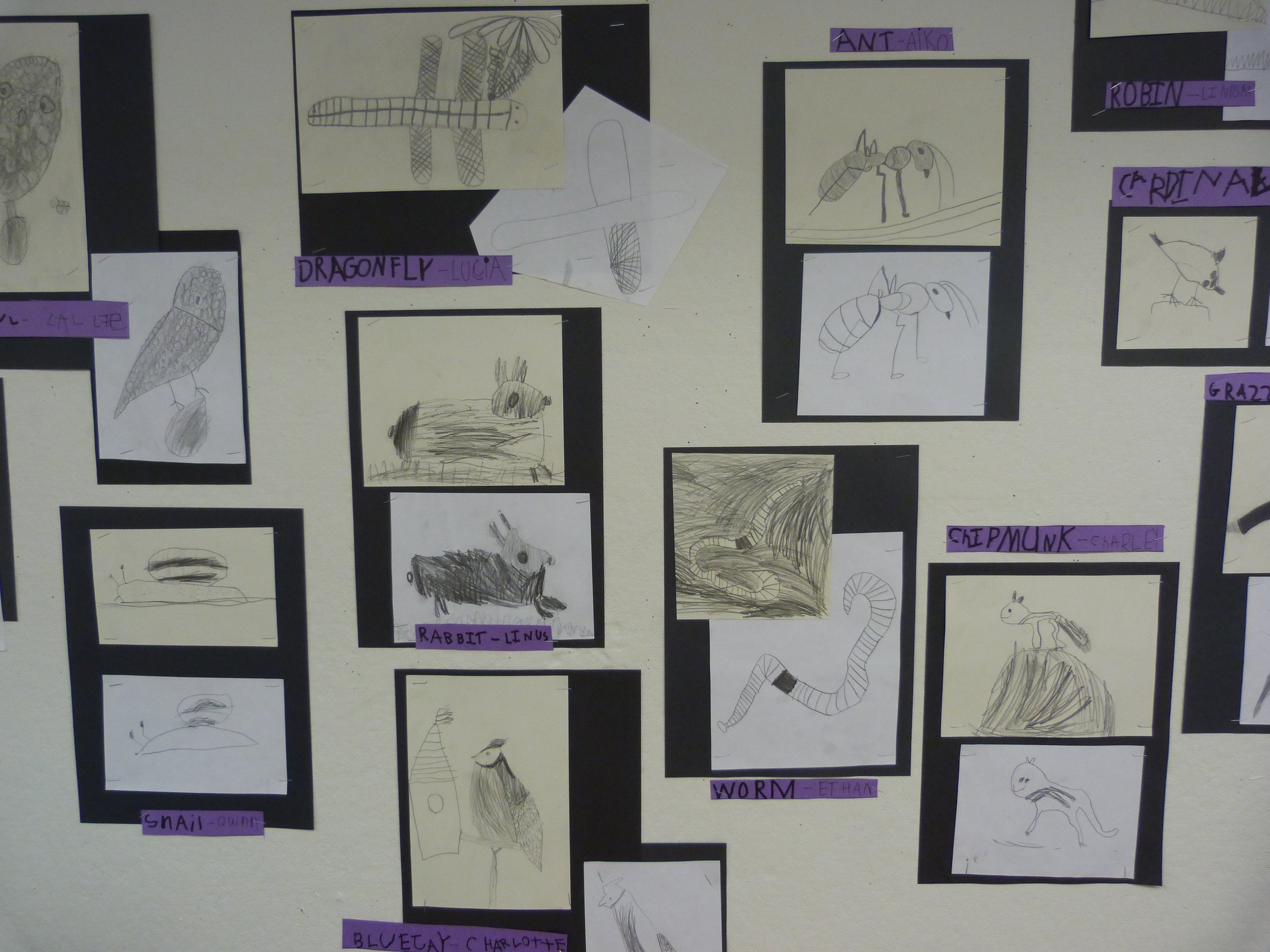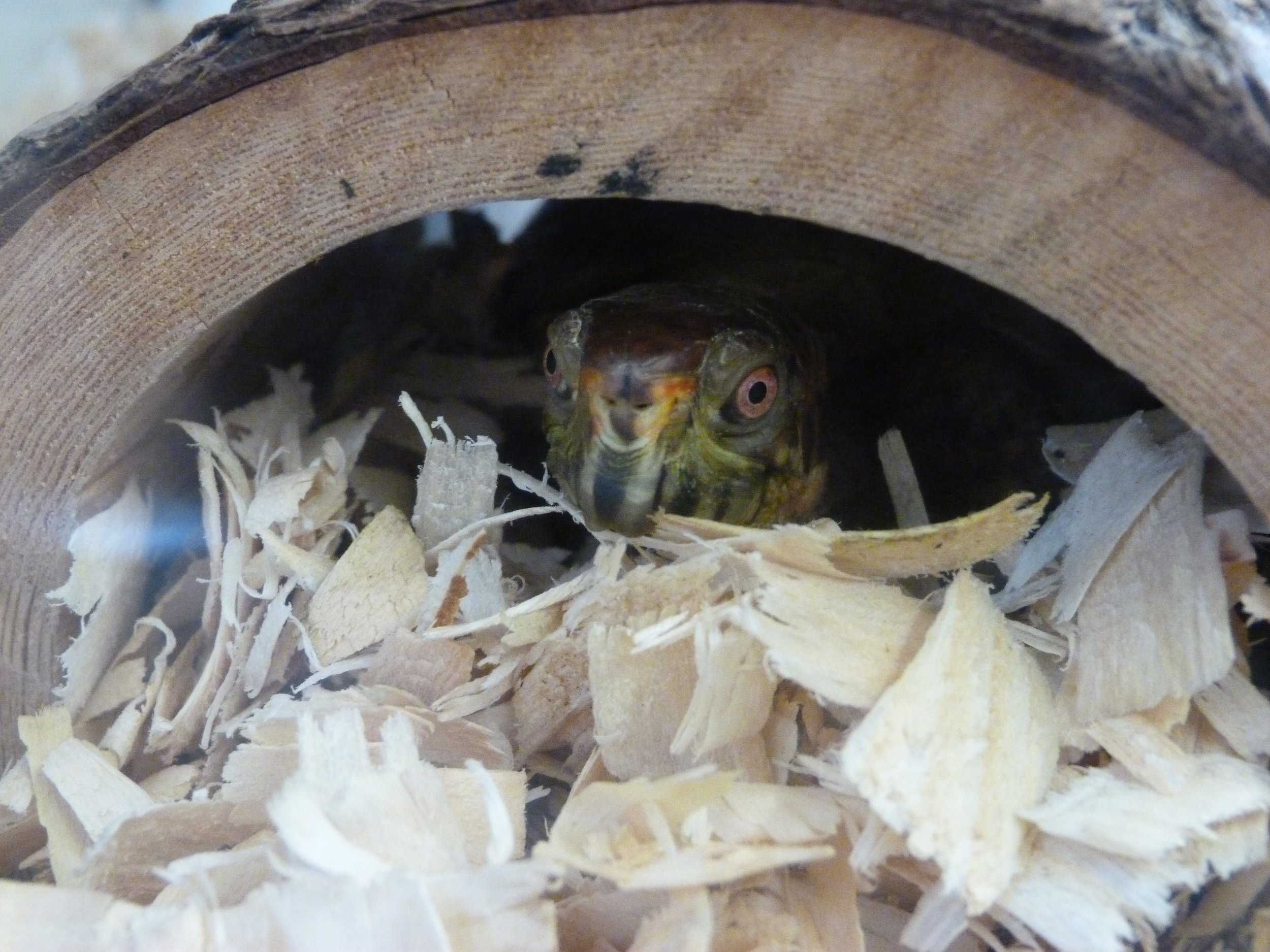 We have been reading Ron Berger's latest book, co-written with Libby Woodfin and Anne Vilen, Learning that Lasts. Since his ground breaking book, An Ethic of Excellence: Building a Culture of Craftsmanship with Students, Ron and others from Expeditionary Learning have written and edited a series of wonderful, detailed, specific books about teaching and learning that we find so helpful. These include Leaders of Their Own Learning and Transformational Literacy.
One aspect of Learning that Lasts that we appreciate so much is a review of what is called the workshop model in teaching and learning. The authors name a revised workshop model Workshop 2.0 and refer to the original model as Workshop 1.0. They outline how these approaches are similar and how they are different. The most striking difference in Workshop 2.0 is the emphasis placed on student thinking, wondering and grappling with ideas and concepts often before the teacher teaches. There is enormous value placed on students making a concept their own and making sense of it through dialogue with peers, hands on messing about and, in the end, producing work that matters to them and to others. The authors review the Workshop 2.0 process for writing and for math. In their chapter entitled, "Creating Scientists and Historians," there is a similar emphasis on student ownership and real world work as well as uncovering big ideas, disciplinary frameworks, and diverse perspectives.
We have been reading Ron Berger's latest book, co-written with Libby Woodfin and Anne Vilen, Learning that Lasts. Since his ground breaking book, An Ethic of Excellence: Building a Culture of Craftsmanship with Students, Ron and others from Expeditionary Learning have written and edited a series of wonderful, detailed, specific books about teaching and learning that we find so helpful. These include Leaders of Their Own Learning and Transformational Literacy.
One aspect of Learning that Lasts that we appreciate so much is a review of what is called the workshop model in teaching and learning. The authors name a revised workshop model Workshop 2.0 and refer to the original model as Workshop 1.0. They outline how these approaches are similar and how they are different. The most striking difference in Workshop 2.0 is the emphasis placed on student thinking, wondering and grappling with ideas and concepts often before the teacher teaches. There is enormous value placed on students making a concept their own and making sense of it through dialogue with peers, hands on messing about and, in the end, producing work that matters to them and to others. The authors review the Workshop 2.0 process for writing and for math. In their chapter entitled, "Creating Scientists and Historians," there is a similar emphasis on student ownership and real world work as well as uncovering big ideas, disciplinary frameworks, and diverse perspectives.

In addition to the very informative chapters, the book includes Case Studies, specific examples and stories that illustrate the practices that they write about. In the chapter "Teaching in and Through the Arts," Linda Henke and Louise contributed a case study from Maplewood Richmond Heights Elementary School whose guiding metaphor is "School as Museum." Linda and Louise wrote an iBook about the teaching and learning practices at this school that we are able to send to people who are interested. Let us know.
This detailed and very practical book also features videos of all of the workshop models and practices that the authors discuss in the book. Many of these videos are available on the Expeditionary Learning website which is a fabulous resource for all of us. So much of what EL produces is free for the public because it is a central part of their mission to broadly and widely change the conversation and the practice about student achievement. Ron points out that currently all student achievement is based on test scores and that never again in a student's life will that be true. From graduation onward, students will be judged on what kind of person they are and the quality of the work that they do. Though students at EL schools do very well on tests and are nearly all accepted at top colleges, the primary achievement that is celebrated at EL schools is students' character and the high quality of their work for a public audience.
With that in mind, and also for pure enjoyment, view this video produced by second graders at the Conservatory Lab Charter School in Boston, MA about their study of snakes. Also go to the EL website and learn more about the resources and practices that guided their study. We hope that you read this book. It is powerful and immediately useful and transformative. It is learning that lasts.



